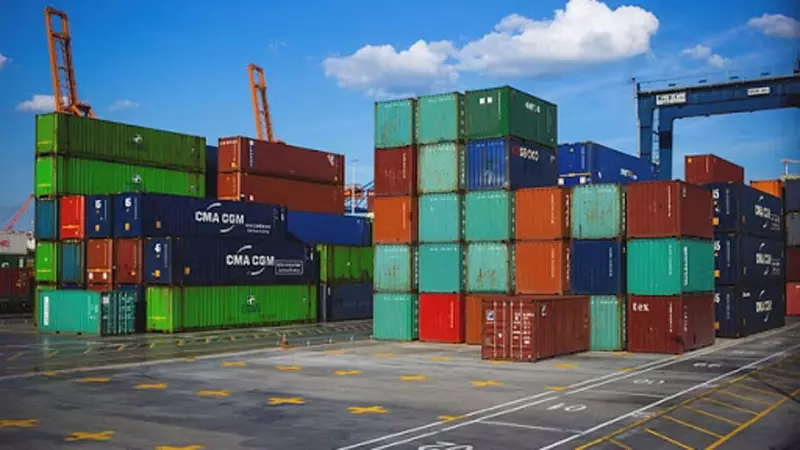
The African Continental Free Trade Area (AfCFTA), hailed as a game-changer for the continent's economic transformation, is facing formidable obstacles that could undermine its ambitious goals. Despite the promise of creating a $3.4 trillion economic bloc, persistent shipping delays and critical infrastructure gaps are emerging as silent killers of Africa's trade revolution.
The Shipping Crisis: More Than Just Delays
Across African ports, a perfect storm of inefficiencies is brewing. Vessels face extended waiting times, sometimes stretching to weeks, before they can dock and unload cargo. The situation has become so dire that shipping companies are implementing substantial surcharges, adding hundreds of dollars to the cost of each container.
These additional costs are ultimately passed down to African consumers and businesses, making locally produced goods less competitive and undermining the very purpose of the free trade agreement. The delays aren't just about time—they're about money, competitiveness, and survival for African enterprises.
Infrastructure Deficit: The Achilles Heel of African Trade
Beyond the ports, the challenges multiply. The continent's infrastructure gap represents a fundamental barrier to intra-African trade:
- Road networks remain underdeveloped and poorly maintained
- Rail systems are fragmented and inefficient
- Border crossings are plagued by bureaucracy and delays
- Digital infrastructure for trade facilitation lags behind global standards
This infrastructure deficit means that even when goods successfully clear ports, they face additional hurdles in reaching their final destinations across the continent.
The Human and Economic Cost
The consequences extend far beyond statistics. Small and medium enterprises, which were supposed to be the primary beneficiaries of AfCFTA, are bearing the brunt of these challenges. Many are struggling to compete with imported goods while simultaneously facing barriers to exporting their products to neighboring countries.
Agricultural producers, manufacturers, and service providers across Africa are watching their competitive advantage erode due to logistical bottlenecks that add unnecessary costs and delays to their operations.
A Race Against Time
With AfCFTA targeting significant increases in intra-African trade, the clock is ticking. The agreement's success depends on addressing these fundamental infrastructure and logistics challenges with urgency and strategic investment.
The solution requires coordinated action from governments, private sector stakeholders, and international partners. Investment in port infrastructure, modernization of customs procedures, and development of cross-border transportation networks must become immediate priorities.
Without decisive action to bridge these gaps, Africa risks missing out on one of the most significant economic opportunities in its history. The dream of continental economic integration hangs in the balance, waiting for the infrastructure to catch up with the ambition.





